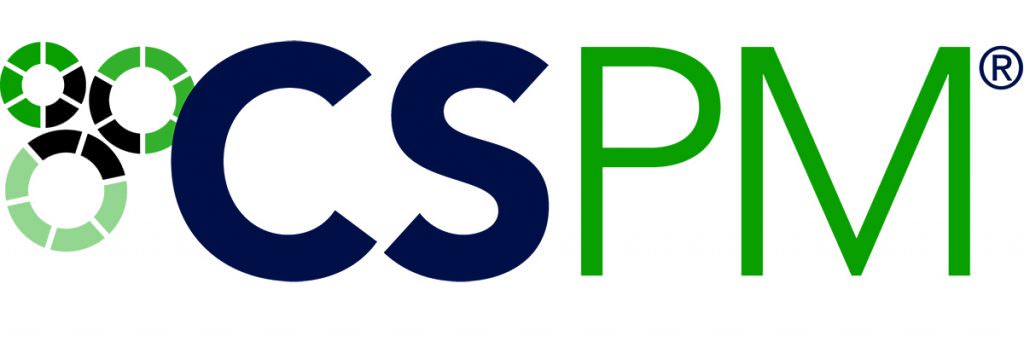Certified Security Project Manager (CSPM) Certification

Earn the Certification You Deserve
The Certified Security Project Manager (CSPM) is a highly-respected credential which can move your career forward and propel your business. The CSPM is the ONLY credential that addresses the unique demands of a security project manager. More than a general project management certification, the CSPM demonstrates that holders of this credential can manage complex, technical security projects.
Download the CSPM Handbook
Our handbook provides a program overview, the exam blueprint, testing information and information on how to prepare.
New Offering!
CSPM Review Course
SIA's new CSPM Review Course is designed to help you prepare for the Certified Security Project Manager (CSPM) exam.

SEND ME MORE INFO ON CSPM!
Enter your email and one of our team members will follow up with information you need!"*" indicates required fields
Who the CSPM is for:
- Security project managers
- Systems integrators
- Systems designers and engineers
- Security managers and security consultants
- Lead technicians
For Security Project Managers. By Security Project Managers.
The CSPM certification provides a common operating framework for managing security projects and was developed based on requirements pooled from highly experienced security project managers.
Get Started! Earn Your CSPM Certification
Fill out our quick application form to take the next step and a SIA team member will follow up with you directly to guide you through the process.
CSPM Frequently Asked Questions (FAQs)
CSPM: Good for You
The CSPM credential is rapidly becoming a necessity for professionals managing security projects, and credential holders have greater opportunities for career advancement than their non-certified peers.
What CSPM Means for You
- Improved credibility in the industry
- Demonstrated mastery of security solutions
- Career growth opportunities and salary increases
Good for Your Career
Upon earning the CSPM, credential holders:
- Reported a salary increase
- Increased their knowledge and skills
- Found new or expanded career opportunities
- Experienced increased respect from employer and peers
CSPM: Good for Business
CSPMs on staff means more consistency and increased operational efficiencies thanks to repeatable processes and standard terminology. And that means more business for you.
Good for Your Organization
- Better ability to track and control key components
- Fewer change orders
- Reduced risk
- Improved visibility into schedules
- Clearer communications
LEARN HOW TO GET CERTIFIED
Take the next step and apply today!
